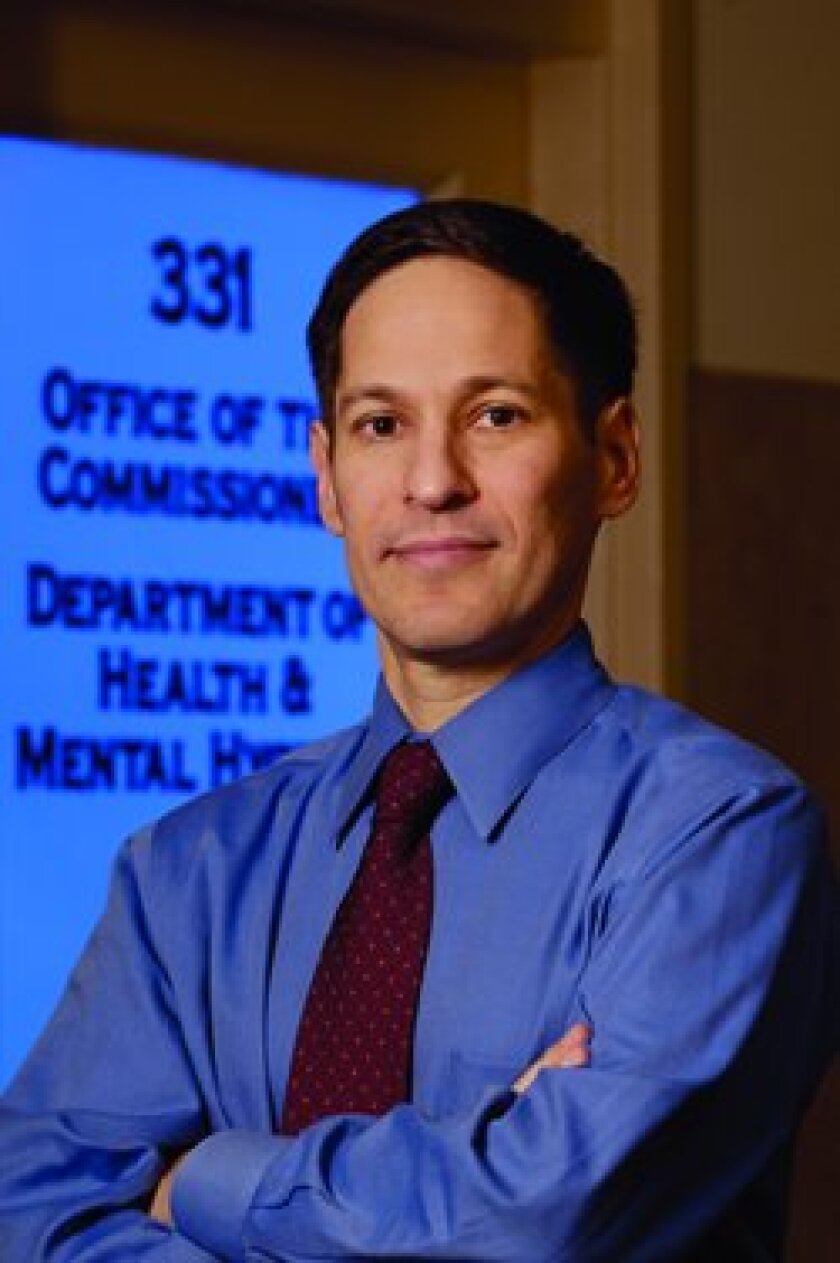
For years, the city’s health department had focused mainly on combating communicable diseases. But when Frieden realized that more than 70 percent of all deaths in the city were from other causes, he decided to refocus the organization on these areas. “My general approach has been to identify places where we know we can make a difference, focus on those and get them done.” The framework for his approach is called Take Care New York, a comprehensive and ambitious roadmap for improving public health citywide.
In assessing Frieden’s performance so far, James R. Tallon, president of the United Hospital Fund, says, “We’re still a step distant from achieving some basic goals, like ensuring access to health care for all New Yorkers. But he has certainly made significant progress in some key areas.”
The best example, to date, is in cutting smoking. Before taking the job, Frieden — a native New Yorker who was working on an anti-tuberculosis project in India — wanted to know how Mayor-elect Michael Bloomberg would view a health commissioner who took a hard line on tobacco. “Health issues can be very edgy,” says Frieden. “So I asked the person on the mayor’s transition team about the mayor’s willingness to take on tobacco interests. I told them that if he’s not willing to do that, then there’s not much point in my flying back to New York.”
The mayor was and Frieden did, coming up with a multi-faceted plan for reducing fatalities from smoking. It included slapping a steep tax on cigarettes, pushing for smoke-free workplace legislation, offering people help in quitting and creating an educational campaign to counteract tobacco ads. According to statistics his office has gathered, the campaign is working: There are about 200,000 fewer smokers in the city than when Frieden took the job. “Those people are going to live, on average, 14 years longer,” he notes, “and you can see the faces behind the numbers — husbands and wives, sons and daughters, brothers and sisters who are going to have them around because they quit smoking.”
Frieden is a data fanatic. One of his earliest initiatives was putting a health survey into the field in order to get a handle on the overall health of New Yorkers. “You need to monitor to know if what you’re doing is making a difference,” he says. He never misses an opportunity to hammer home a message on staying healthier. When asked about West Nile virus during a TV interview last August, Frieden avoided disquisitions on bird and mosquito biology. What he talked about was insect repellents — which kinds were available and which seemed the most effective.
His most recent teaching moment — one that garnered international attention — was on the subject of artery-clogging trans fats. Where some might have been daunted by going up against the city’s powerful restaurant interests, and stymied by the complicated messages about how chemically-altered grease does its damage — Frieden kept it simple: Trans fats are bad, they contribute to obesity and a host of other diseases, and the city’s restaurants should quit serving them.
Of all the obstacles that Frieden confronts in his work, none is more difficult than human nature. Those who toil in the public health field often find self-destructive behavior the most discouraging part of the job. Not Frieden. “The sweet spot in public health is not exhorting people to change, it’s changing the context in which people behave. Instead of saying, ’Gee, you shouldn’t smoke in the workplace,’ you take tobacco smoke out of the workplace. Instead of asking people to think twice about buying a pack of cigarettes, you make cigarettes more expensive so people will think twice.”
— Jonathan Walters
Photo by David Lubarsky








